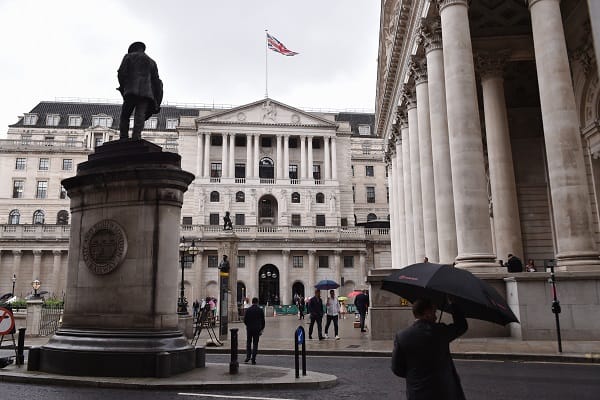As interest rates on savings accounts rise, financial advisers are reporting that they are getting more enquiries from clients about putting their money into cash, but that many forget about the impact of inflation.
One says that switching into higher interest savings accounts “is like training for a race against Usain Bolt. You’re going to lose anyway, but perhaps you won’t lose by quite as much.”
Joshua Gerstler, a chartered financial planner at Borehamwood-based The Orchard Practice, said, “We’ve been getting a lot of enquiries from clients about moving some of their funds into savings accounts in recent months as rates have risen.
“Although the interest being paid on savings accounts is now higher than it has been for quite a few years, this cannot be looked at in isolation. It needs to be looked at alongside the inflation rate. It’s surprising how many savers forget about inflation.
“Many see a headline rate and overlook that the real return, right now, will often be negative. If inflation is 8% and you lock your money away for one year at 5%, you are guaranteeing yourself a minus 3% return.”
Kundan Bhaduri, director of London-based The Kushman Group, drove home the point, he said, “With inflation soaring and just short of 8% – albeit hopefully on a downward trajectory – savers must exercise caution before placing their hard-earned money into traditional savings accounts, even with enticing interest rates of 5% or 6%. While these rates may appear attractive, they pale in comparison to the eroding power of inflation.”
Scott Gallacher, a chartered financial planner at Leicestershire-based independent financial advisers, Rowley Turton, said, he is seeing much the same trend as Gerstler, “I’ve seen a similar trend of clients asking about putting their money into savings accounts, especially the more cautious ones.
“The allure of higher savings account rates is attracting their attention, especially when some investments have underperformed recently. While the prospect of 4%, 5%, or 6% interest sounds enticing, it’s crucial to consider their financial goals, risk tolerance and investment horizon.”
Paul Denley, CEO at London-based Oakham Wealth Management, quipped that “with inflation running at 7.9% in the UK, moving cash from your deposit account to a higher interest-paying savings account is like training for a race against Usain Bolt. You’re going to lose anyway, but perhaps you won’t lose by quite as much.”
He added: “If you’re investing for the long term, it may be better to accept a lower starting yield that will grow in real terms, by investing in high quality dividend-paying equities, than opt for a higher starting rate on cash that is projected to fall.
“In the long run, we know equities outperform bonds, via a combination of yield and capital growth, and bonds outperform cash. It makes sense to maintain exposure to each asset class, albeit at varying allocations, throughout the market cycle. When it comes to market timing, there are two kinds of investors: those who can’t do it, and those who know they can’t do it.”
Meanwhile, Rhys Schofield of Derbyshire-based mortgage advisers, Peak Mortgages and Protection, adds that savers may want to look at an offset mortgage in the current climate, “Being a mortgage broker, I’m biased, but how many of these clients have considered an offset mortgage where a linked savings balance reduces the balance that they get charged interest on? When new fixed mortgage rates may be starting with a 5 or 6, the prospect is very appealing all of a sudden.”






Leave a Comment